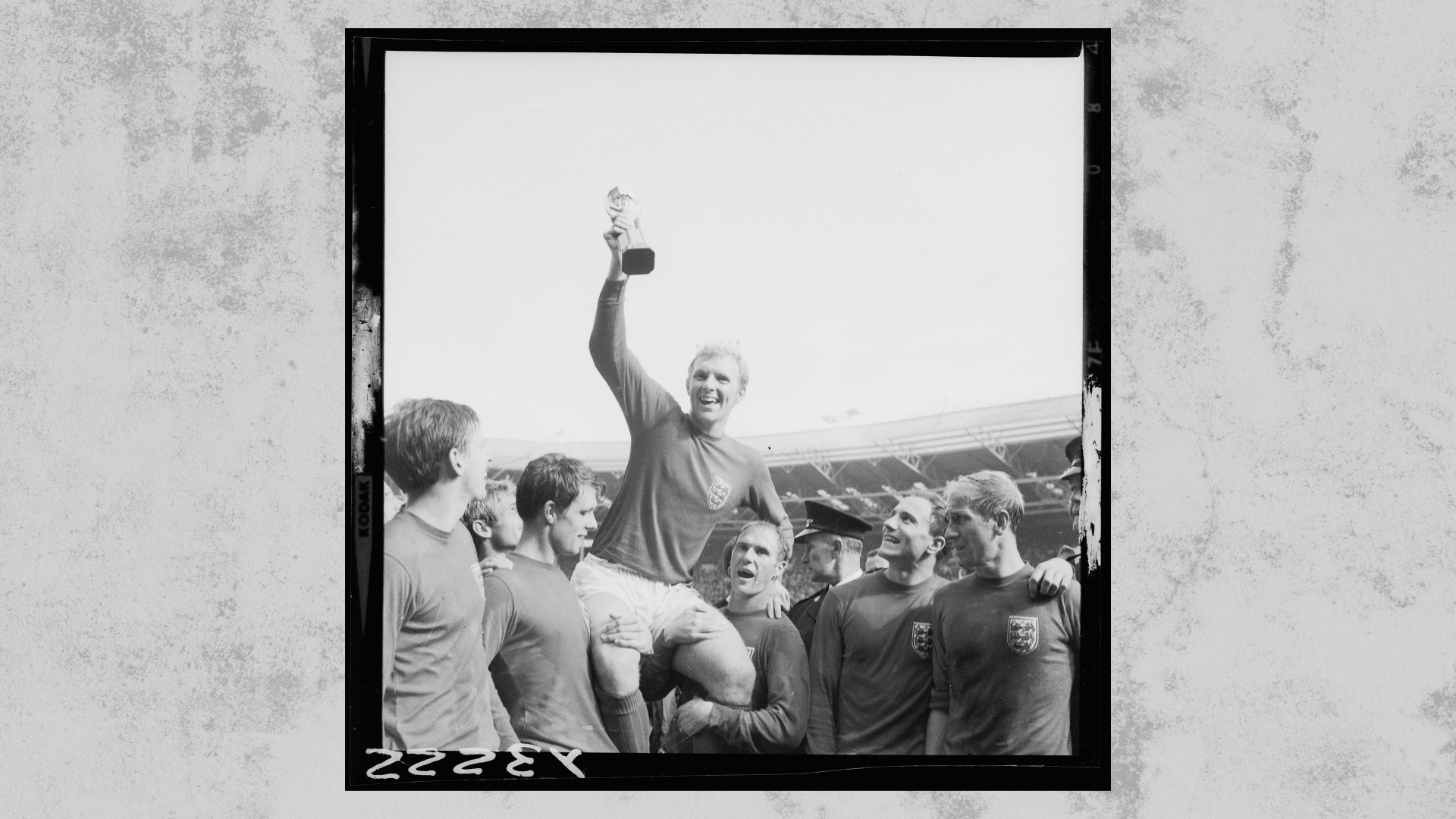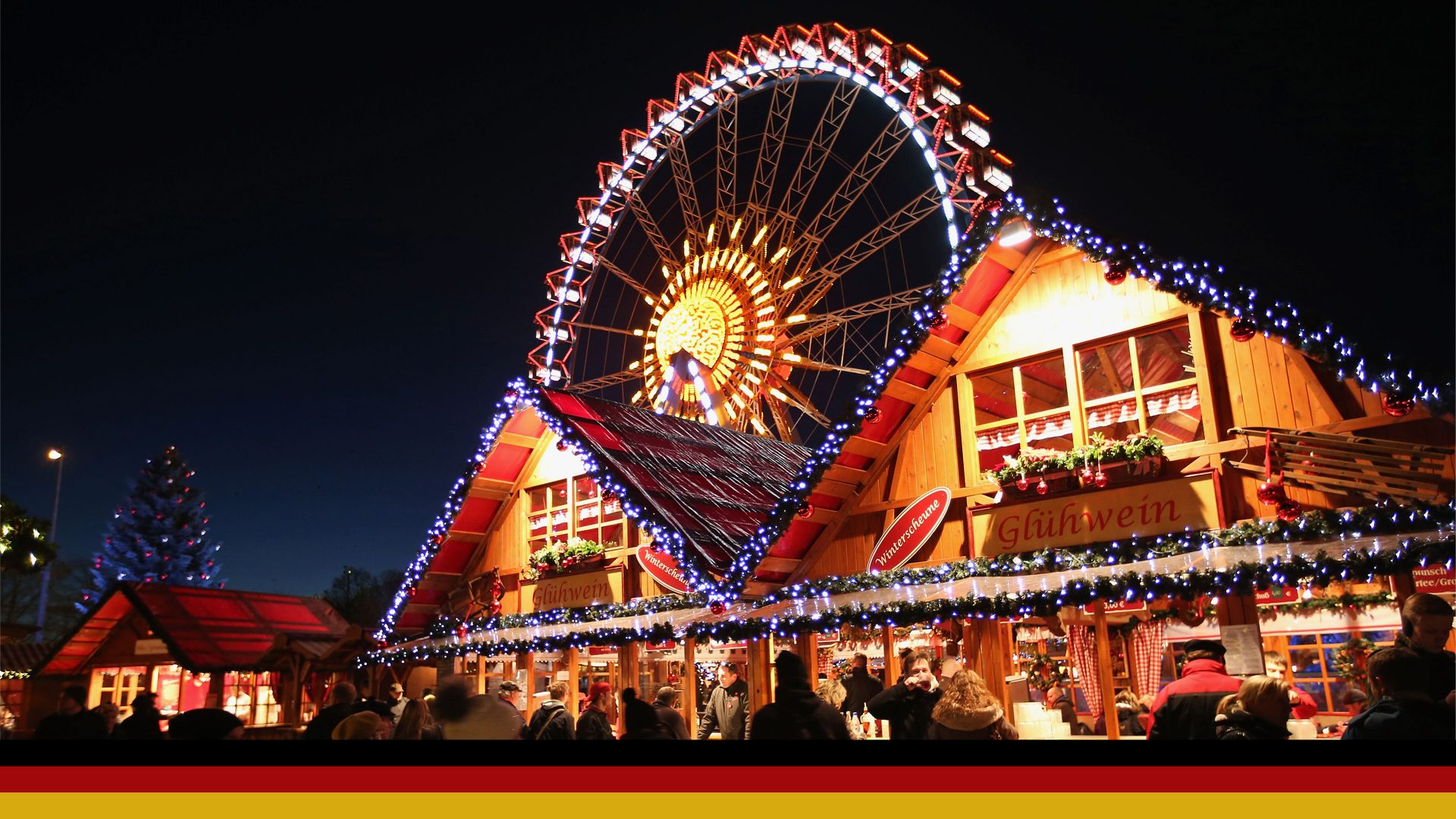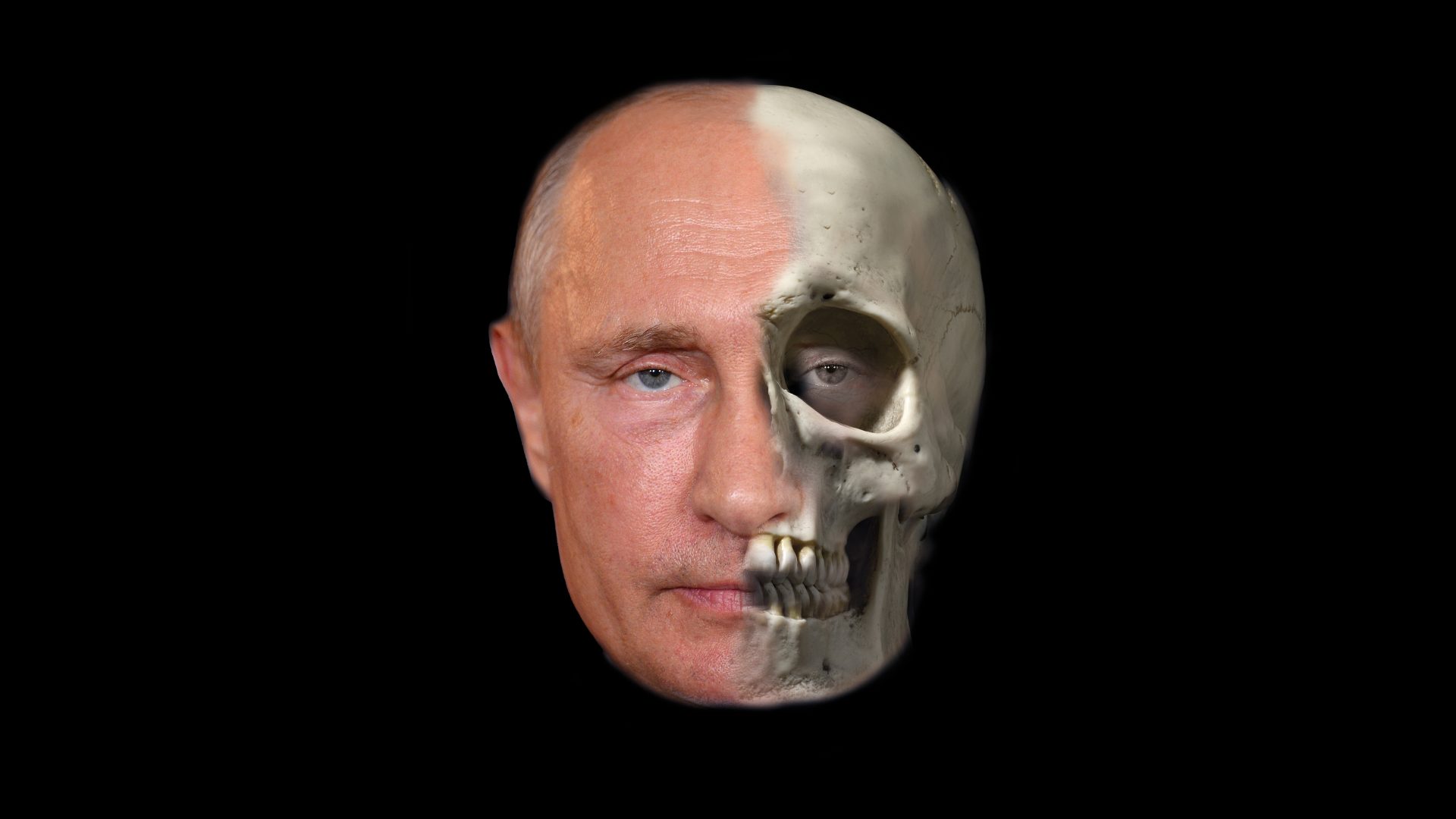So it’s not coming home for at least another two years, and for the big one we’re talking a whole four years, which will take us to the 60th anniversary of the last… sorry, the only time it came home before.
A fellow freezing-cold-lido regular, Michael Donald, wrote a terrific book called GOAL! a few years ago and made a film in which he interviewed and photographed every living footballer who had scored in a World Cup final. So of course Geoff Hurst and Martin Peters (who has sadly since died) are in there, as are globally recognised superstars like Pele, Brazilian Ronaldo and Zinedine Zidane.
There are others, however, who I suspect are largely forgotten by all but football historians and genuine fanatics. That three generations of England fans have grown up knowing that Hurst got a hat-trick and Peters scored the other one underlines how perhaps no country has hung on to the memory of a single sporting success quite as firmly as England has hung on to 1966 and all that.
One of the funniest videos circulating in recent weeks was of a spoof Scottish broadcaster, Allister MacAllister, giving his live commentary on the second Hurst goal against Germany (the one that maybe did/maybe didn’t cross the line and became so famous/infamous that there is a statue of the linesman in his native Azerbaijan). I give MacAllister’s commentary in full, and you must try to imagine the rolling Rs and the rising anger as he sees what is unfolding: “Cross into the box, Hurst, terrible first touch, shoots, off the bar and out, cleared away for a corner… now England trying to claim a goal, the CHEATS that they are… here’s the replay… the ball did NOT cross the line, look at that, it couldn’t be more obvious… Oh no, he’s given a goal, I don’t believe it, we are never going to hear the end of this …” And indeed we haven’t.
As a Scotland supporter, I accept jealousy may be at play here, but I wonder if England might do better if their fans and media stopped going into every tournament banging on about 1966 and thinking this is the one where it is going to happen all over again. It’s all part of the same clinging-to-history national narrative that retains “empire” in our honours system, and breeds populist charlatan politicians constantly boasting about our “world-beating” qualities as the country falls apart.

If there is one country in the recent World Cup with a truly special football history, it is Croatia, and thanks to another film-maker, Louis Myles, I got to appreciate that history more deeply. Having had a brief discussion with Rory Stewart on our podcast about why such a small country – bigger than Wales, smaller than Scotland – had managed to reach major tournament finals and semi-finals since becoming independent in 1991, I was thrilled to receive an email from Myles, and a link to his film, Croatia: Defining a Nation. Look it up, try to see it, and whether you love football or not, I promise you will enjoy it.
“Sport and politics shouldn’t mix” is one of those irritatingly naïve statements that is blind to the reality that, often, sport and politics not only do mix, but have to, if progress is to be made. Think anti-apartheid. Think Russia’s current exclusion from major international events. Think London 2012 and the positivity it gave us as a country, slowly eroded since via the ABC of Austerity, Brexit and Charlatanism.
The Croatia film is a wonderful account, told mainly by the manager and players as the country emerged from the break-up of Yugoslavia, of how, whether they liked it or not, they took on political and ambassadorial roles, helping both to unite a new country but also project it to the world. And when, in the final scene, Luka Modrić accepts the player of the tournament award at the 2018 World Cup, dedicates it to the previous generation and says he hopes he and his team-mates can inspire the next generation in the way they inspired him, you really feel the power of sport, the power of history, and the power of both as a force for good when they align.
Talking of the lido, which I do most mornings as Fiona and I trudge through all weathers for our 7am dip, the water temperature fell to a low of 1C last weekend. We stayed in for just under four minutes.
It is one of the weirdest things. At that temperature, it hurts physically, you struggle to find your breath, and you spend the whole time asking yourself why you do it. But by the time you’re showered, dressed, home, coffeed-up and starting to feel your limbs once more, you’re already looking forward to the next time.
A word of warning though. Do not start cold water swimming in water that cold. Late summer/autumn is the time to start. Then just keep going as the temperatures drop.
“A society should be judged not by how it treats its outstanding citizens but by how it treats its criminals.” Dostoevsky. I am sure the Russian novelist had his own experience in mind, having served four years with hard labour at a prison camp in Siberia, hands and feet shackled.
“In summer, intolerable closeness; in winter, unendurable cold,” he recalled. “Filth on the floors an inch thick… We were packed like herrings in a barrel… From dusk to dawn it was impossible not to behave like pigs… Fleas, lice, and black beetles by the bushel.”
Pentonville prison was built in the same decade Dostoevsky was jailed, the 1840s, and as an occasional visitor, I can confirm it is not quite as bad as that. But it is far from ideal, and it is a disgrace to our society that we treat our prison population as we do.
The justice secretary, Dominic Raab, who as a cabinet minister doubtless sees himself as a member of the “outstanding citizens” class, has received a letter from the prison’s independent monitoring board (IMB), warning him of their “grave concerns” about overcrowding and the “squalid and decrepit” conditions.
When the prison was built, it was designed to house 520 prisoners. The current capacity, 1,155, is more than double that and is shortly to rise to 1,170, with a plan then to take it above 1,200. That will represent a rise in the prison population of 20% since the end of March, two-thirds of them on remand as the crumbling criminal justice system joins other victims of 12 years of a Tory government.
The IMB letter to Raab states: “Given that the operational capacity of a prison is the maximum number of prisoners it can hold without serious risk to safety, security, good order and the proper running of the planned regime, we are very concerned at the continued increase in prisoner numbers at Pentonville, given that there has been no commensurate improvement in either the physical state of the prison or in staffing levels, which are consistently too low for the prison to be able to run a full regime for the prisoners, and necessitate frequent lockdowns.
“Furthermore, you have previously stated that you want prisons to be able to give prisoners ‘a better shot at rehabilitation’. In addition to the inhumane living conditions at Pentonville, the effect of overcrowding on almost every other aspect of a prisoner’s existence is hard to overestimate and in the board’s view the resulting environment is not conducive to any kind of rehabilitation.”
Civilised? I don’t think so. The media’s response? Non-existent. Raab’s? Don’t hold your breath. He has bigger things to worry about – like his own career as the bullying complaints pile up.
Final word on prisons… when will the PPE fraudsters be in one? Happy Christmas




